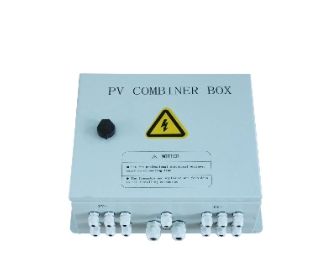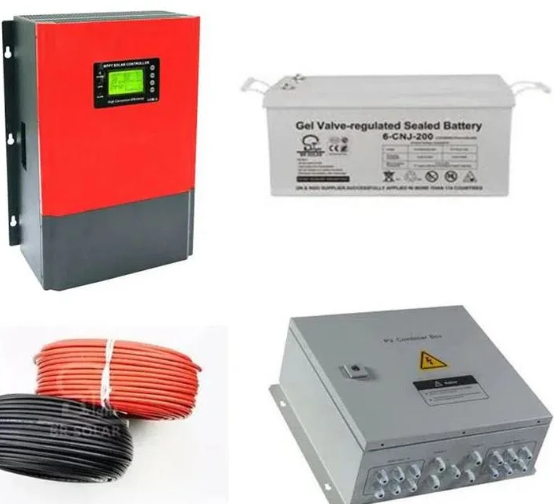Renewable Photovoltaic PV Panel Energy
Renewable photovoltaic (PV) panel energy, commonly referred to as solar energy, is a sustainable and environmentally friendly source of electricity generated by converting sunlight directly into electricity using photovoltaic panels. These panels, often installed on rooftops, solar farms, and other ......
Send Inquiry
Product Description
Renewable photovoltaic (PV) panel energy, commonly referred to as solar energy, is a sustainable and environmentally friendly source of electricity generated by converting sunlight directly into electricity using photovoltaic panels. These panels, often installed on rooftops, solar farms, and other suitable locations, harness the energy from the sun's rays and convert it into usable electrical power. Here's how the process works and some key benefits of renewable photovoltaic panel energy:
How Renewable Photovoltaic Panel Energy Works:
Absorption of Sunlight: Photovoltaic panels are made up of solar cells, typically composed of semiconductor materials such as silicon. When sunlight hits these cells, it excites electrons, creating an electric current.
Generation of Direct Current (DC): The excited electrons create a flow of electric current within the solar cells. This direct current (DC) is generated by the solar panels.
Inverter Conversion: Since most appliances and devices in our homes and businesses use alternating current (AC), the DC generated by the solar panels needs to be converted into AC. This is done by an inverter, which converts the DC into AC for direct use or distribution into the electrical grid.
Energy Consumption or Grid Connection: The converted AC electricity can be used to power homes, businesses, and other facilities. If the solar system generates more electricity than needed, the excess power can be fed back into the grid, often through net metering or feed-in tariffs, allowing the owner to receive credits or payments.
Benefits of Renewable Photovoltaic Panel Energy:
Clean and Renewable: Solar energy is a clean and renewable source of energy. It does not produce greenhouse gas emissions or other pollutants during operation, reducing the carbon footprint and contributing to climate change mitigation.
Reduced Energy Bills: Solar panels allow homeowners and businesses to generate their own electricity, reducing their reliance on grid power and potentially lowering energy bills.
Low Operating Costs: Once installed, solar panels have relatively low operating and maintenance costs. They require minimal maintenance compared to other energy sources.
Energy Independence: Solar energy can provide greater energy independence by generating electricity on-site, reducing reliance on external energy sources.
Job Creation: The growth of the solar industry has led to the creation of jobs in manufacturing, installation, maintenance, and research and development.
Scalability: Solar energy systems can be scaled to fit various needs, from small residential installations to large-scale solar farms that generate significant amounts of electricity.
Long Lifespan: Solar panels have a long lifespan, often lasting 25 years or more. This makes them a durable investment with a consistent energy output over their lifetime.
Supports Grid Stability: Distributed solar systems can help enhance grid stability and reliability by reducing strain on the grid during peak demand periods.
Environmental Benefits: Solar energy reduces the demand for fossil fuels, leading to a decrease in air and water pollution and the conservation of natural resources.
While solar energy offers numerous benefits, it's important to consider factors such as initial installation costs, local solar resources, and regulatory incentives when deciding whether to invest in solar panels. Advances in technology and decreasing costs have made solar energy more accessible and attractive for a wide range of applications.




